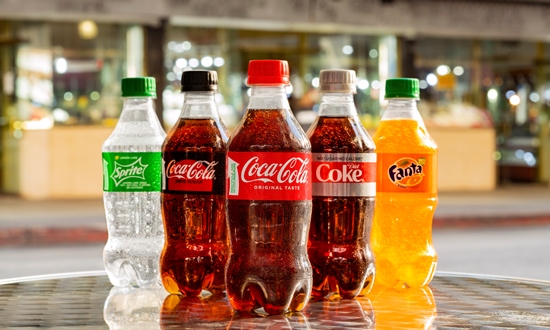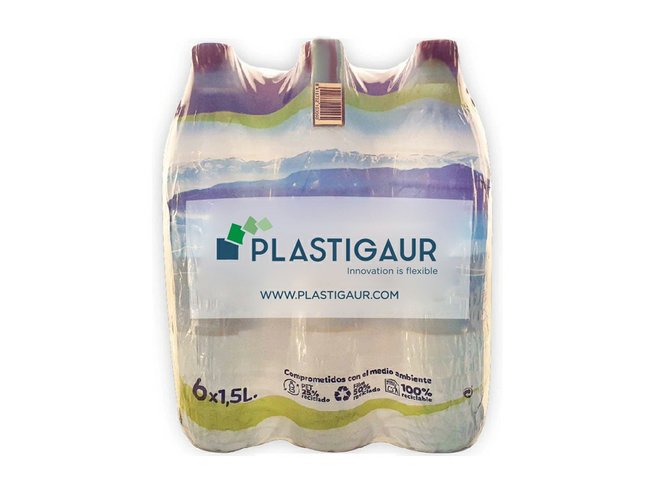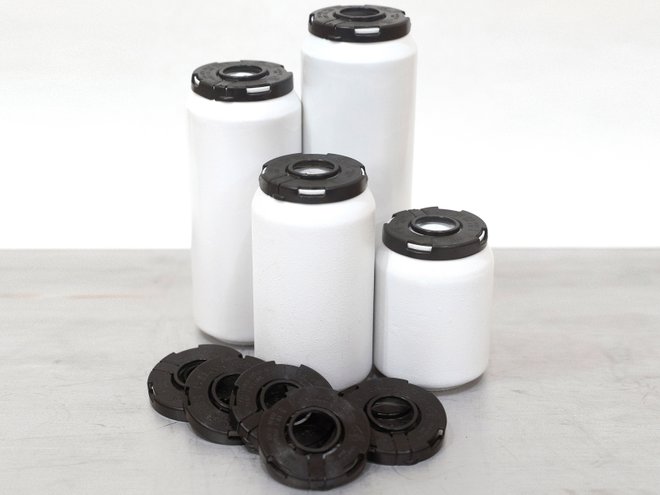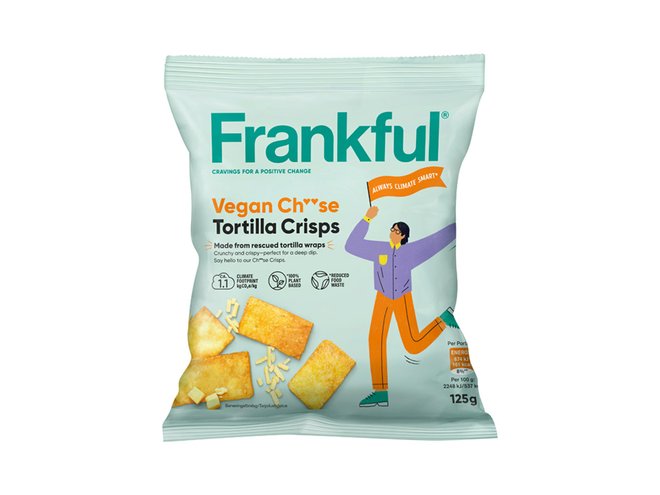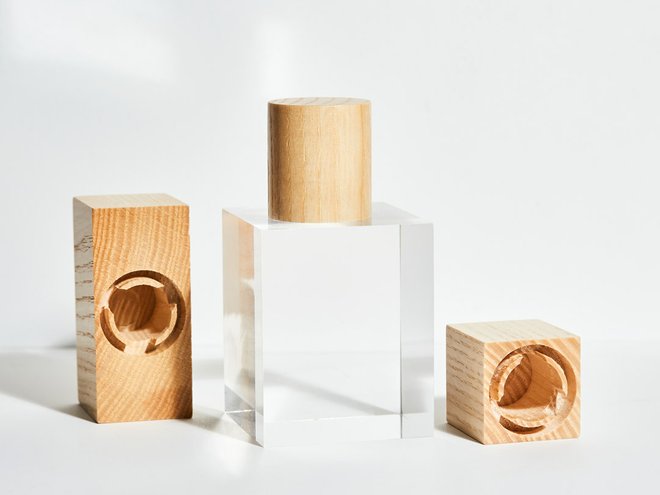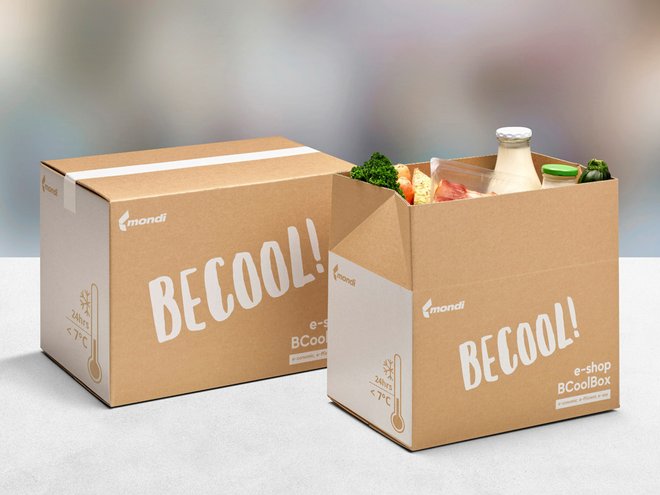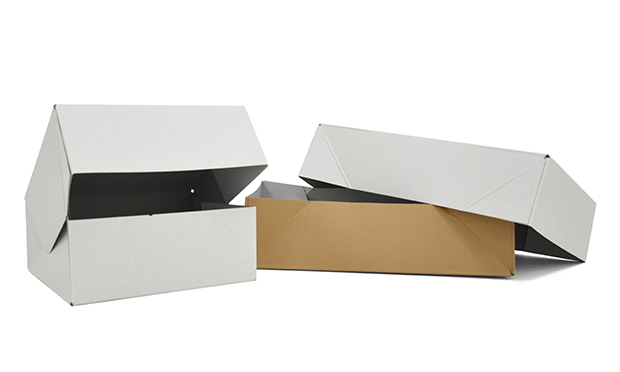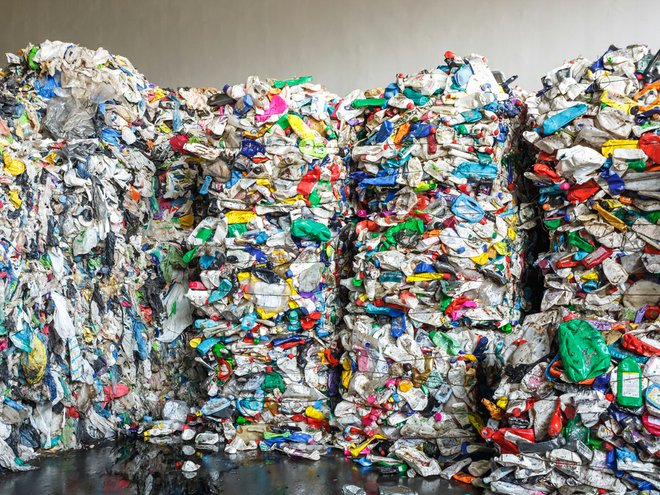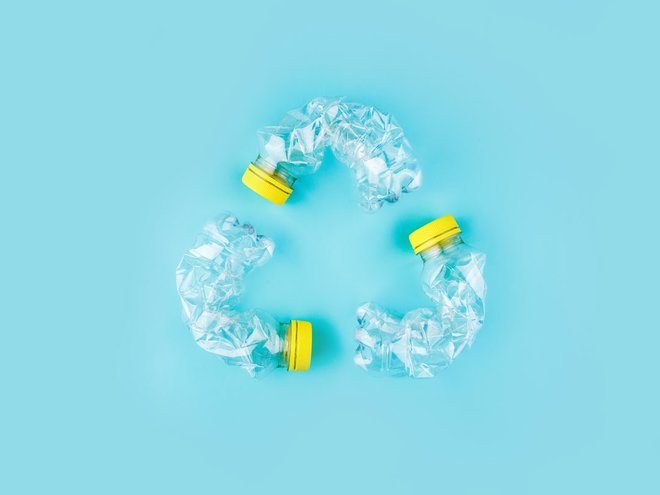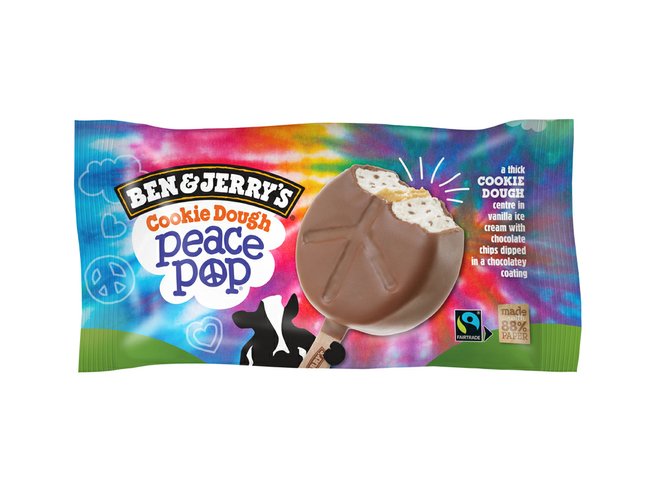A group comprising leading companies operating across the polyester packaging value chain – including businesses involved in the manufacture, use, collection and recycling of polyethylene terephthalate (PET) plastic packaging – is aiming to help to address the problem of plastic waste by accelerating the commercialisation of BP Infinia enhanced recycling technology.
BP Infinia is designed to turn opaque and difficult-to-recycle PET plastic waste, that can degrade in quality each time it is recycled using conventional methods, into recycled feedstocks that can be used to make new high-quality PET plastic packaging again and again, with no loss in quality.
The consortium intends to combine the capabilities and experience of its members – packaging and recycling specialist ALPLA; food, drink and consumer goods producers Britvic, Danone and Unilever; waste management and recycling specialist REMONDIS; and energy and petrochemicals producer BP – to develop a new circular approach to dealing with PET plastic waste.
According to BP, of the total number of PET plastic bottles collected globally, more than 75% are recycled, but only 12% of those collected make it back into new bottles. The remainder is apparently currently lost from the bottle-to-bottle loop, as it is used for other applications which are usually disposed of directly after use to landfills or incinerators due to lack of separate collection.
The consortium members believe by joining forces they can speed up the commercialisation of the technology, infrastructure and demand needed to process billions of opaque and difficult-to-recycle PET bottles and food trays that are currently disposed of each year, including those that are difficult to recycle by current conventional recycling methods.
Rita Griffin, BP Chief Operating Officer, Petrochemicals said: “This is an exciting step towards a circular economy for the polyester industry. BP is experienced in developing and scaling up technology and we’ll do this again with our innovative BP Infinia process. But we know we cannot create circularity on our own. That’s why we are thrilled to be working together with industry leaders to develop and prove a practical business model that can hopefully contribute to making all types of polyester waste infinitely recyclable.”
It is intended that each member of the consortium will contribute resources and distinctive capabilities and experience in areas such as waste management and recycling, technology development, intermediate processing and product design to develop a business model that takes into consideration the infrastructure, supply chain and demand requirements of all parties that will be involved in creating a circular economy for polyester and PET plastic.
Unilever’s Chief Supply Chain Officer, Marc Engel commented: “Joining this consortium is an investment in the future of recycling technology which is critical to keeping plastic in the loop. By working together, we can help accelerate the industry towards a circular economy.”
“We are very happy with this development by important players in the PET industry,” said Wim Hoenderdaal of the PETcore Special Industry Group PET Monomer Recycling. “It underlines the recycling opportunities of PET resin and polyester articles, in addition to mechanical recycling, it can also be recycled via de-polymerization and the re-use of its monomers. Both technologies together will bring 100% circularity of PET without any decrease of properties.”
Source
https://packagingeurope.com/pet-consortium/

